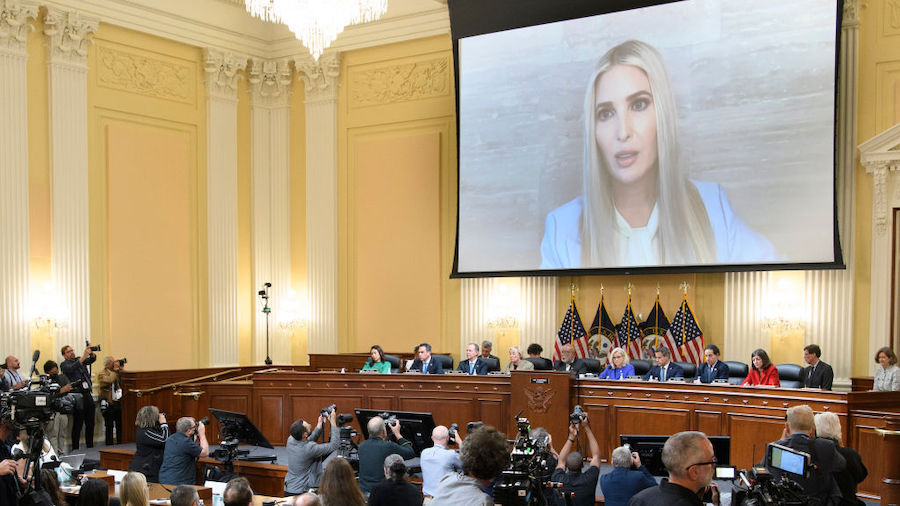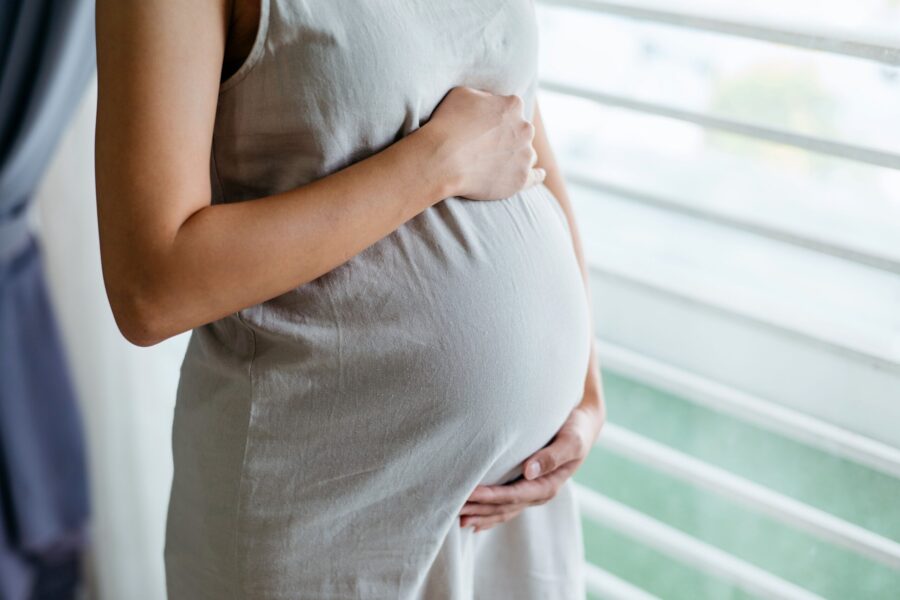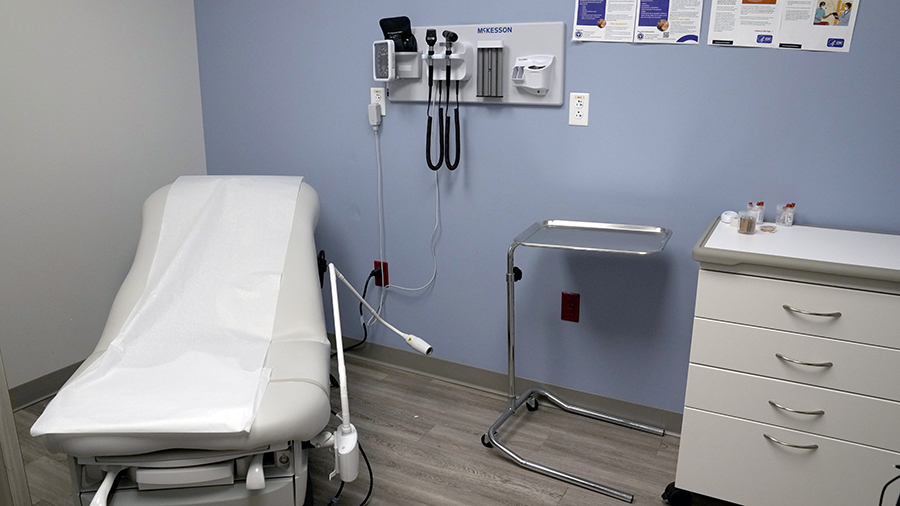WASHINGTON (AP) — The House committee investigating the Jan. 6 riot is delving deeper into what it calls “the big lie,” Donald Trump’s false claims of voter fraud that fueled his relentless effort to overturn the 2020 election and led a mob of his supporters to lay siege to the U.S. Capitol.
The 1/6 panel resumes its hearings Monday with live witnesses, including Trump’s campaign manager, Bill Stepien, as committee members say they have uncovered enough evidence for the Justice Department to consider an unprecedented criminal indictment against the former president. Stepien was subpoenaed for his public testimony.
Chairman Rep. Bennie Thompson, D-Miss., and vice chair Rep. Liz Cheney, R-Wyo., are set to lead the morning hearing after last week’s blockbuster session drew nearly 20 million Americans to see its prime-time findings.
For the past year, the committee has been investigating the most violent attack on the Capitol since the War of 1812 to ensure such an assault never happens again. Lawmakers hope to show that Trump’s effort to overturn Joe Biden’s election victory posed a grave threat to democracy.
Stepien, a longtime Trump ally, oversaw the “conversion” of Trump’s presidential campaign to a “Stop the Steal” effort, according to a subpoena issued by the committee last fall. He is likely to face questions about what those in Trump’s inner circle were telling the president about the election results. Stepien is now a top campaign adviser to the Trump-endorsed House candidate, Harriet Hageman, who is challenging Cheney in the Wyoming Republican primary election.
In addition to Stepien, the committee is also set to hear testimony from Chris Stirewalt, a former Fox News political editor closely involved in election night coverage who stood by the decision to declare Arizona as being won by Biden. He wrote about his experiences later in an op-ed and might be asked about Trump’s actions as Fox New declared states Biden won.
A second group of witnesses testifying Monday will be made up of election officials, investigators and experts who are likely to discuss Trump’s responses to the election, including dozens of failed court challenges, and how his actions diverged from U.S. norms.
Among them is the former U.S. attorney in Atlanta, BJay Pak, who abruptly resigned after Trump pressured Georgia state officials to overturn his presidential defeat. Trump wanted to fire Pak as disloyal, but Pak stepped down after Trump’s call urging Georgia Secretary of State Brad Raffensperger to “find” enough votes to overturn Biden’s win in the state became public.
The panel will also hear from former Philadelphia City Commissioner Al Schmidt, the only Republican on the election board and who faced down criticism as the state’s election was called for Biden, and noted Washington attorney and elections lawyer Benjamin Ginsberg.
As he mulls another White House run, Trump insists the committee’s investigation is a “witch hunt.” Last week he said Jan. 6 “represented the greatest movement in the history of our country.”
Nine people died in the riot and its aftermath, including a Trump supporter shot and killed by police. More than 800 people have been arrested in the siege, and members of two extremist groups have been indicted on rare sedition charges over their roles leading the charge into the Capitol.
In its prime-time hearing, the committee laid out how Trump was told over and over again by his trusted aides and officials at the highest levels of government that there was no election fraud on a scale that could have changed the outcome. But Trump pursued his false claims about the election and beckoned supporters to Washington on Jan. 6 to overturn Biden’s victory as Congress was set to certify the Electoral College results.
Additional evidence is set to be released in hearings this week focusing on Trump’s decision to ignore the outcome of the election and the court cases that ruled against him.
Monday’s hearing will also turn to the millions of dollars Trump’s team brought in fundraising in the run-up to Jan. 6, according to a committee aide who insisted on anonymity to discuss the details.
The committee has said most of those interviewed in the investigation are coming forward voluntarily, although some have wanted subpoenas to appear in public. Stepien was subpoenaed, and Trump spokesman Taylor Budowich suggested that the committee’s decision to call him was politically motivated.
Lawmakers indicated that perhaps their most important audience member over the course of the hearings may be Attorney General Merrick Garland, who must decide whether his department can and should prosecute Trump. They left no doubt as to their own view whether the evidence is sufficient to proceed.
“Once the evidence is accumulated by the Justice Department, it needs to make a decision about whether it can prove to a jury beyond a reasonable doubt the president’s guilt or anyone else’s,” said Rep. Adam Schiff, D-Calif, a panel member.. “But they need to be investigated if there’s credible evidence, which I think there is.”
Rep. Jamie Raskin, D-Md., another member said on CNN he doesn’t intend to “browbeat” Garland but noted the committee has already laid out in legal pleadings criminal statutes they believe Trump violated.
“I think that he knows, his staff knows, the U.S. attorneys know, what’s at stake here,” Raskin said.
No president or ex-president has ever been indicted. Garland has not said whether he would be willing to prosecute.
___
Associated Press writer Jill Colvin in New York contributed to this report.
___
For full coverage of the Jan. 6 hearings, go to https://www.apnews.com/capitol-siege.














